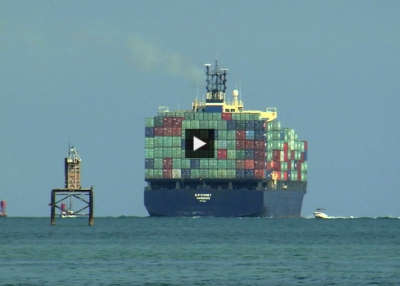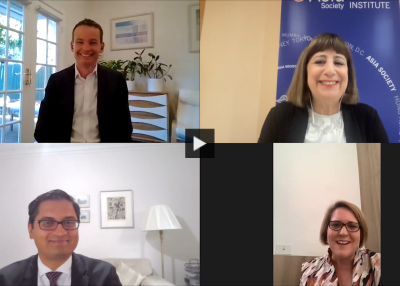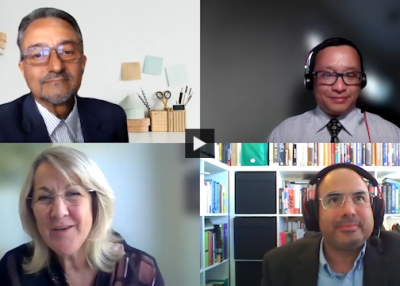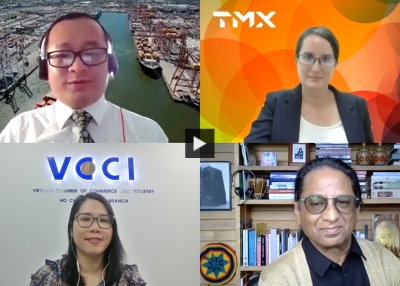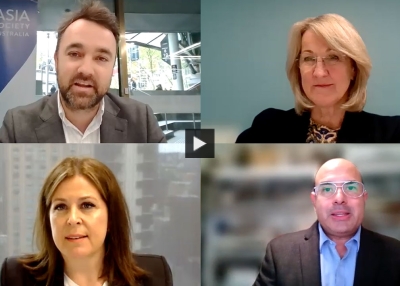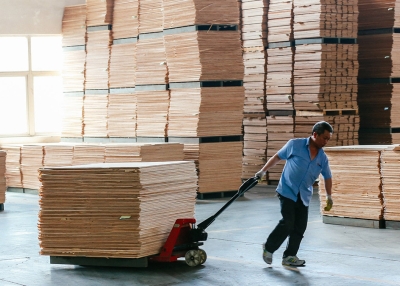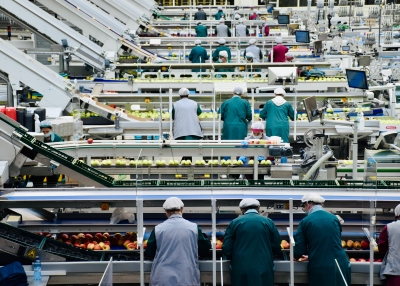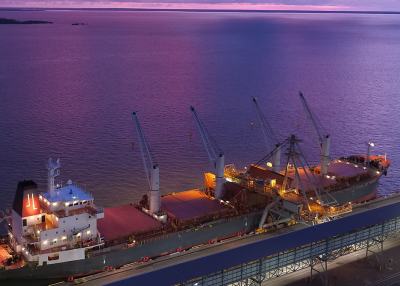Supply Chains in Southeast Asia
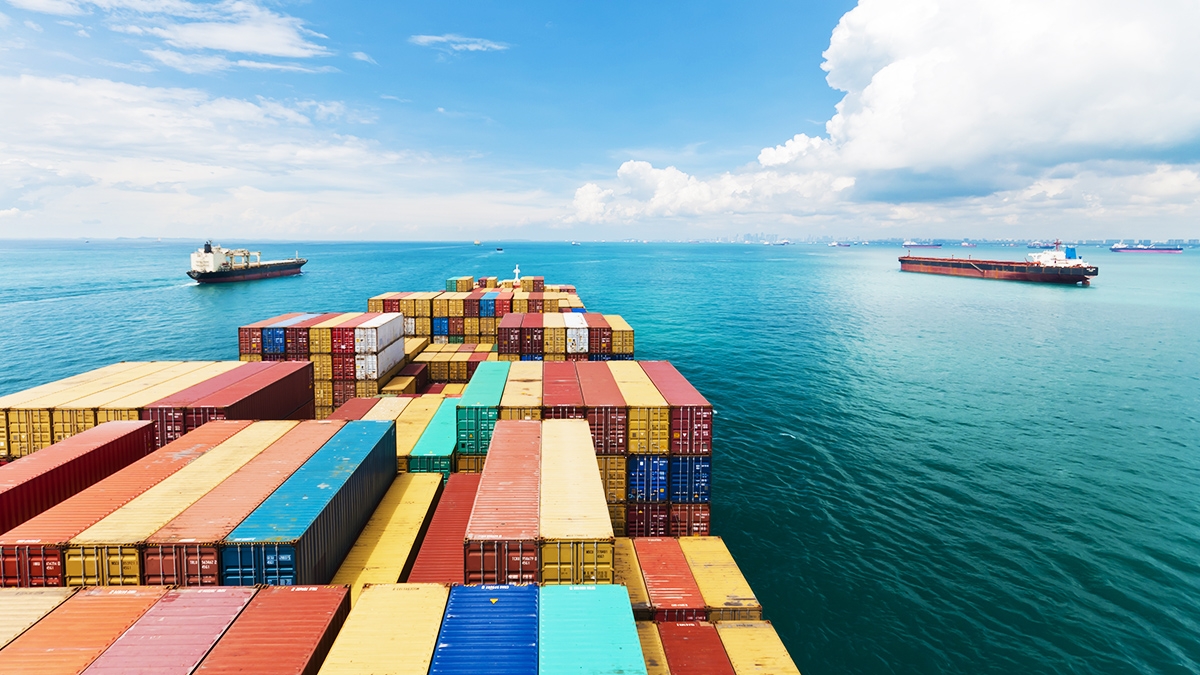
How has the COVID-19 pandemic affected supply chains across Australia and Southeast Asia? How do we ensure the stable flow of goods in an age of rising geoeconomic uncertainty?
In recent decades Southeast Asia has emerged as a key player in global supply chains, with Vietnam, Malaysia and Thailand becoming major hubs of manufacturing. Yet the region has also been challenged by a confluence of disruptions which have destabilised supply chains.
Rising costs to both air and sea freight have also meant island nations like Australia are not immune from these dynamics. In an age of increasing uncertainty, targeted government measures and innovative logistics solutions may prove essential to help businesses adapt to a new international trading environment.
Throughout this project Asia Society Australia looks at the ‘new normal’ look like for exporters looking to secure the movement of essential supplies and consumer goods across South East Asia.
This program is presented in partnership with the Global Victoria Trade Alliance program.

